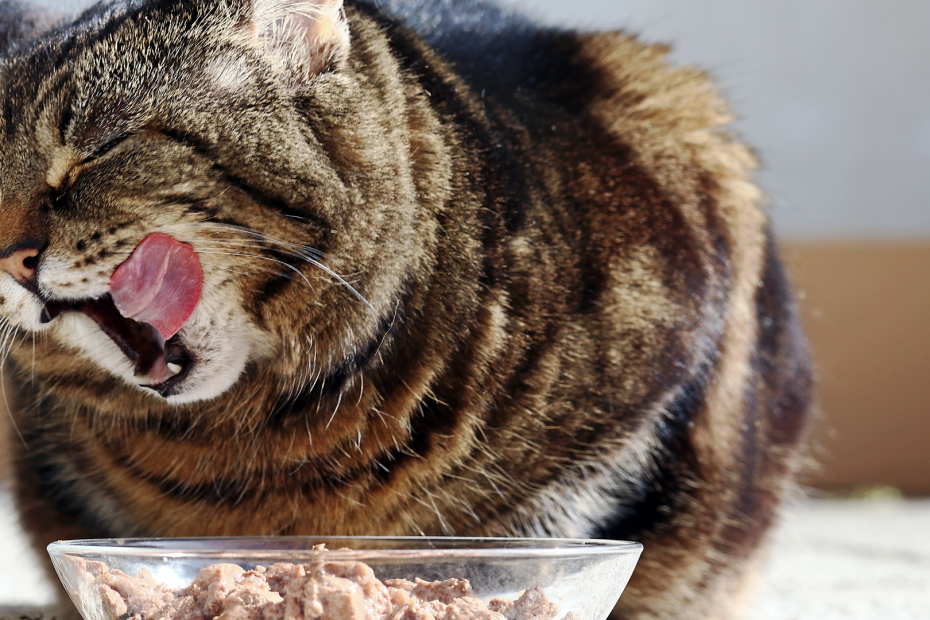Life-stage diets are based on the idea that our dietary needs change over the course of our lives. As humans, our bodies undergo a multitude of changes as we age. For instance, our energy requirements change as our bodies age, as do our nutritional needs. That’s why feeding recommendations for different life stages are important. This blog post will briefly outline the various life stages, how cats fit into each stage, and how life-stage diets can help your cat’s health.
We all know how expensive it can be to take care of our pets, especially veterinarian bills. Sometimes pets have health conditions that are costly to treat. To help save money, many pet owners try alternative methods to help their pets. The life stage diet for cats is a new diet that helps keep your feline healthy without expensive vet bills.
What Are the Benefits of Life Stage Diets to Your Cat?
The cat or feline life stage diet (also known as the feline adult diet) has been gaining popularity amongst cat owners in recent years, as cat owners know that feeding their pets the right food can help improve their overall health and well-being. The diet is designed to cater to adult cats who are healthy, content, and aren’t in any pain. It aims to meet a cat’s nutritional needs, including vitamins and minerals while cutting back on unnecessary calories, fat, and carbs.
The Need for More Nutrients
A kitten’s developing body requires more protein than an adult cat, and kittens need more calories to maintain their healthy growth, too. A kitten’s metabolism is 10 times faster than an adult cat’s due to the increased energy needed to grow and develop. This means a kitten requires more calories, protein, fat, and carbohydrates to fuel this rapid metabolism.
Cats are obligate carnivores, meaning they need a diet high in animal protein, fat, and meat. But, like humans, cats need to be careful with their protein as too much can lead to obesity. So, what are some reasons life-stage diets are so popular? When they occur naturally, they are designed to adapt to an animal’s stage of life. For example, a baby cat’s diet should be high in nutrients and high in fat, whereas a senior cat’s diet should be lower in fat and protein and higher in fiber to help maintain their good health.
Obesity
Have you ever considered the fact that your cat’s diet may be the cause of their obesity? Cat obesity has become an epidemic. The American Association of Feline Practitioners states that over 70 percent of cats are considered overweight or obese. The Association for Pet Obesity Prevention estimates that 80 percent of cats are considered overweight or obese.
A new study from the University of Georgia in Athens found that cats who underwent life-stage diets actually lost weight and were less obese than those who remained on their owners’ usual diets. The study’s lead author says that all of the cats lost weight (even the obese ones) but that the cats on the diets that were adjusted to meet their changing nutritional needs lost the most weight.
Pregnant Cat Needs More Nutrients
Female cats that are pregnant or nursing have higher nutritional demands. Their health and well-being depend on a steady supply of nutrients from their mother’s milk. This increases a cat’s need for certain nutrients, including protein, calcium, phosphorus, and sodium.
If you are after a way to improve cat health, then female cats that are pregnant or nursing have higher nutritional demands. This is because pregnant and nursing female cats require far more nutrients than their normal daily requirements.
Older Cats Need More Attention
Life-stage diets, or “adult” or “senior” diets, are diets that may or may not contain ingredients specific to certain life stages. For example, dry cat food formulated for adult cats may contain extra nutrients to aid kidney or urinary tract health. These diets often also contain ingredients to help maintain healthy joints, such as glucosamine, chondroitin, and MSM. Senior cat food is formulated for cats over the age of 7 years since older cats need special nutrients as their bodies change. These diets often also contain ingredients to help support healthy kidney function and vision.
While strict diets are usually recommended at specific life stages, all cats should be fed a well-balanced diet. If your cat is overweight, give them fewer calories than usual. If your cat is not overweight, give them just a few more calories than usual. As little as 10 calories a day can make a difference.
